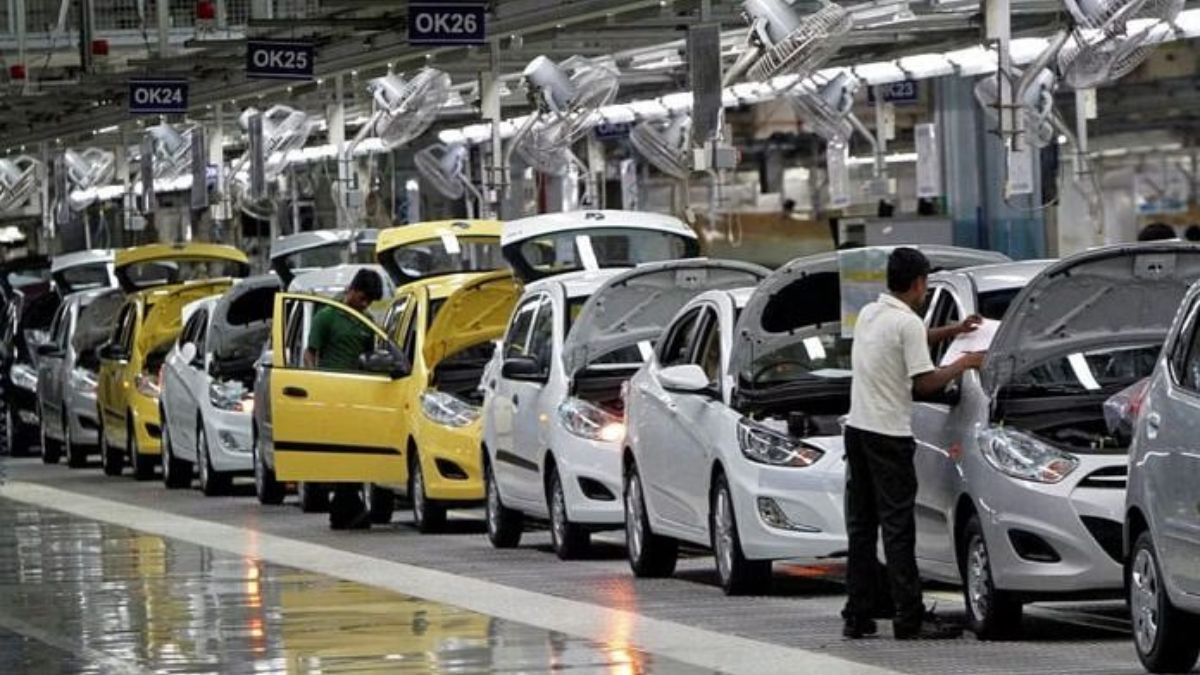Even as China has relaxed its restrictions on the export of rare earths for other countries, it appears to be intentionally blocking supplies to Indian companies.
Rare earths and magnets of rare earths are critical for the production of both conventional and electric vehicles. China controls around 90 per cent of rare earths’ supplies. Of 17 types of minerals classified as rare earths, China has completely halted the free export of seven minerals and made licences necessary.
The Indian automobile industry has flagged it to the government that China is not issuing licences to Indian companies, according to Mint.
Sources in the industry told the newspaper that some foreign automobile companies and manufacturers of parts used in automobiles have been granted licences, but applications of their Indian subsidiaries have either been rejected or put on the backburner.
Sources said that 30 Indian companies have applied for rare earths’ supplies, but no application has yet been approved and two applications have been rejected.
ALSO READ: Halting rare earths exports to pausing Boeing imports: How China is hitting where it hurts most
Amid the trade war with the United States, China in April completely halted the export of seven rare earths: dysprosium, gadolinium, lutetium, samarium, scandium, terbium, and yttrium. Beside all cars, these minerals are also used to make semiconductors, medical chemicals, robots, and military hardware.
China specifically blocks rare earths’ supplies to India: Auto industry
Senior executives from Indian auto industry and representatives from auto bodies held a meeting with Kamran Rizvi, the Secretary of the Ministry of Heavy Industries, on May 29, according to Mint.
They told Rizvi that even as China is approving rare earth magnet exports to other countries, applications from India have remained stuck, three executives aware of the matter told the newspaper.
Impact Shorts
More ShortsThey said in the meeting the production of conventional as well as electric vehicles could fall as soon as this month if supplies from China do not resume.
The newspaper has reported that Germany-headquartered Bosch, Continental Automotive, and Mahle Group have received approvals for their foreign units but their applications from Indian subsidiaries are yet to be accepted.
ALSO READ: Rare Earths, global politics, and India's imperative for diversified supply chains
One of the executives told the newspaper that there is no due procedure for the grant of licences and the entire process is arbitrary.
“A supplier’s German or US counterpart is getting approvals, but the same supplier’s Indian unit is not getting it. There are no written guidelines for applying for a licence. So, something or the other can be missed and they (China) can stop the approval for any flimsy reason,” the executive said.
To address the issue, a delegation from Indian auto industry is heading to China, but China has neither fixed a meeting nor granted all delegates visas.


)

)
)
)
)
)
)
)
)



